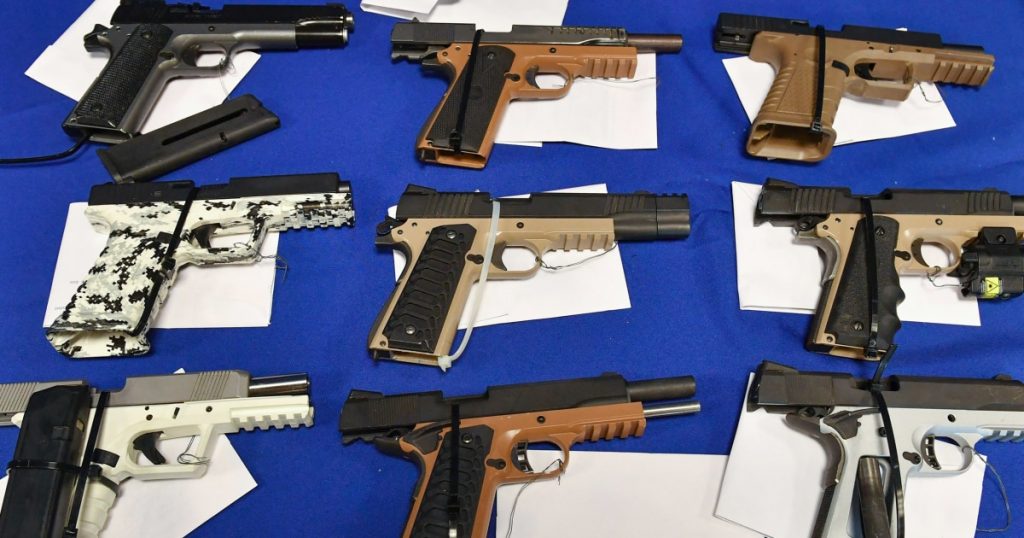The Supreme Court has agreed to consider the Biden administration’s ability to regulate ghost guns, which are firearms made from kits available online and assembled at home. The regulations in question were put in place by the federal Bureau of Alcohol, Tobacco, Firearms and Explosives to address the increase in the availability of these untraceable guns, which pose a threat to public safety. The rules require manufacturers and sellers of ghost gun kits to obtain licenses, conduct background checks, and mark the products with serial numbers. The regulations were invalidated by a lower court, prompting the Biden administration to appeal the decision.
Last year, the Supreme Court allowed the regulations to remain in effect while litigation continued. However, the 5th U.S. Circuit Court of Appeals mostly ruled in favor of the challengers, stating that the ATF had overstepped its regulatory authority. The challengers argued that it was Congress’ responsibility to address any issues with the definition of a firearm under the Gun Control Act, not the ATF. The Biden administration warned that allowing the decision to stand would lead to a flood of untraceable ghost guns entering communities, posing a danger to the public and hindering law enforcement efforts.
The case regarding ghost guns is separate from previous Supreme Court decisions on gun rights, such as the recognition of the right to bear arms outside the home. The conservative majority on the court has generally supported gun rights, but the ghost guns case focuses on the regulatory authority of the ATF rather than the Second Amendment. The court is also set to decide on a similar case involving the ATF’s ban on bump stocks, which allow semiautomatic rifles to be fired rapidly. The outcome of these cases could have significant implications for gun regulation in the United States.
Overall, the Supreme Court’s decision to consider the Biden administration’s appeal in the ghost guns case highlights the ongoing debate over gun control and the balance between public safety and individual rights. The outcome of this case could have far-reaching consequences for how firearms are regulated in the United States and how law enforcement agencies can address the threat of untraceable guns. The court’s conservative majority, which has previously supported gun rights, will play a crucial role in determining the outcome of this case and shaping future policies related to ghost guns and other firearms accessories.


